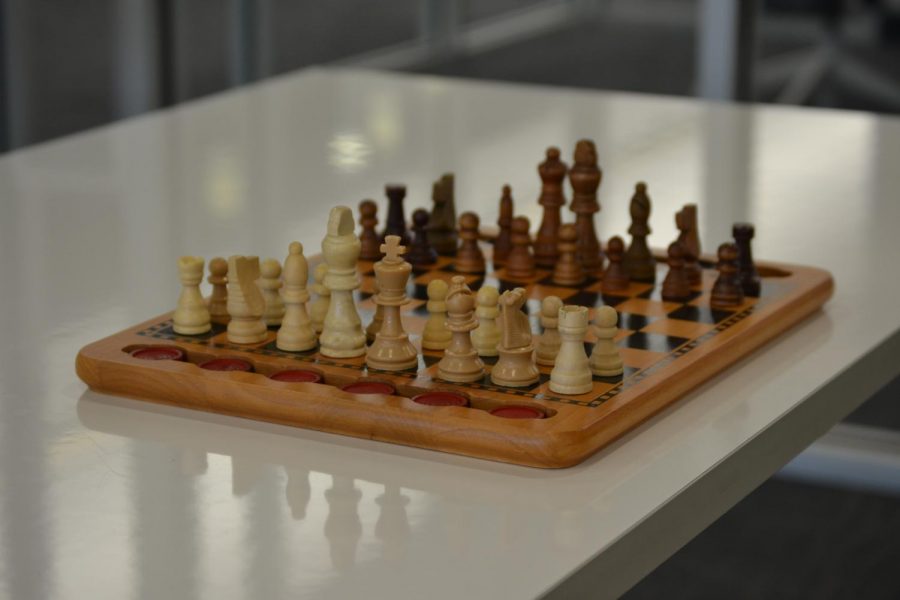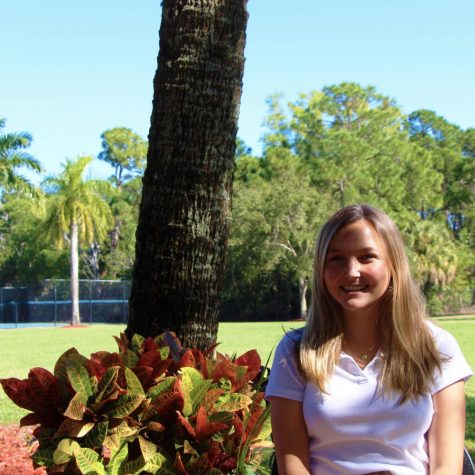Check Yourself or Wreck Yourself
Great chess players don’t view the person on the other side of the board as an opponent but as a partner. The game is one built on the back and forth that happens when a relationship is built on respect and understanding. We need to stop viewing each other with fear, anxiety, suspicion, or guarded pride. There is only so much that can be controlled in the application process, but much to be controlled in our lives.
January 8, 2021
Twenty possible moves exist when one first sits down at a chess board. Each of eight pawns can make two moves, as can each of two knights. The decision one makes opens the possibilities for one’s next move (there are 400 possible second moves). With each subsequent move, possibilities grow exponentially. Then why do so many view the choice of college at the age of seventeen or eighteen as one that immediately calls for a declaration of checkmate at the game of life?
Applying to college can be very stressful. Depending on where you are accepted determines not just where you may be for the next four years of your life, but where you can go for every year that follows. When students think of this they become very stressed and anxious. It’s a big decision. All students want to end up as figurative kings (and queens) in life. What they miss is that there are multiple ways to get the crown. The college decision is not limiting, it is liberating. But why does it not seem so when you’re in the midst of finding your way into a “good” school?
Over the past few years, I have been working hard and pushing myself to try and get into some of the country’s best colleges and universities. What I have realized is that all the pressure, stress, and hard work for years is not really worth it. My application can be turned down in an instant. But a denial is a check, and not a checkmate. There are still moves available to me to make.
Students put too much pressure on themselves to get into “good schools” rather than trying to work hard and be successful on their own. They memorize openings instead of mastering the game. Reaching your goals is tough; limiting the possible routes to them is stupid.
At Benjamin, one of our biggest stressors is getting into the right colleges, and this narrow mindedness is doing more harm than it is good. With this unnecessary pressure and stress comes anxiety and, in some cases, depression. In fact, according to the National College Health Assessment, approximately 60-70% of college-aged students reported feeling lonely or overwhelmed.
I have witnessed the negative side effects of this way of thinking firsthand, as some of my friends and even I myself have had breakdowns over worrying about getting into one specific school or even competing with those closest to me for that mythologized single seat at a top school.
Some students are so worried about college that they will not tell people, even their best friends, where they are applying. When asking fellow students why they believe kids refrain from saying where they are applying, I received two profound answers.
One senior student said, “I feel like students do not like sharing where they are applying or what resources they are using to get into college because we’re scared to disappoint and if we get rejected then it’s like letting everyone you told down.”
Another senior said, “Some kids do not tell others because they don’t want other students applying to the same schools and to have them possibly take their spots.”
When did people get so sensitive? Aren’t friends supposed to be honest with each other and accepting? Why are friends withholding where they are applying from those who care most about them? It is foolish to think anyone can win a match without seeing all of the moves on the board.
Earlier this semester, The Pharcyde sent out a poll to the Senior class regarding college counseling services; only 13 students responded. While this may be due to the lack of participation in Pharcyde polls, I personally texted more than 13 students seeking a response to the poll. Despite assurances that poll responses would remain anonymous, several of my peers said they did not feel comfortable sharing their thoughts. Such ignorance, secrecy, and discomfort chips away at the foundation of community and family that the Class of 2021 has spent years building.
Great chess players don’t view the person on the other side of the board as an opponent but as a partner. The game is one built on the back and forth that happens when a relationship is built on respect and understanding. We need to stop viewing each other with fear, anxiety, suspicion, or guarded pride. There is only so much that can be controlled in the application process, but much to be controlled in our lives.
The fastest way to win a chess match consists of two moves. One must be playing black to achieve it. The technique is called a Fool’s Mate. Win in twice as many moves and it’s known as a Scholar’s Mate. Success can be quick. Respect takes time.



